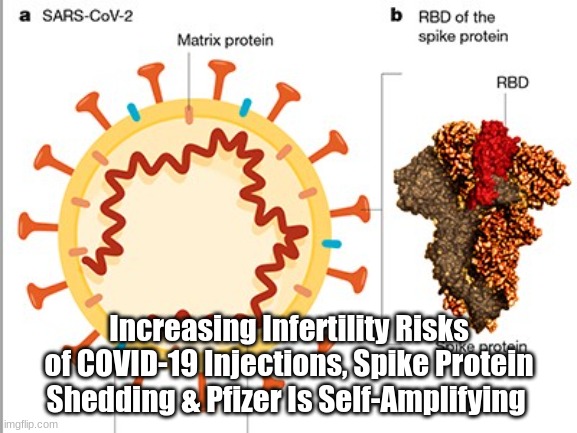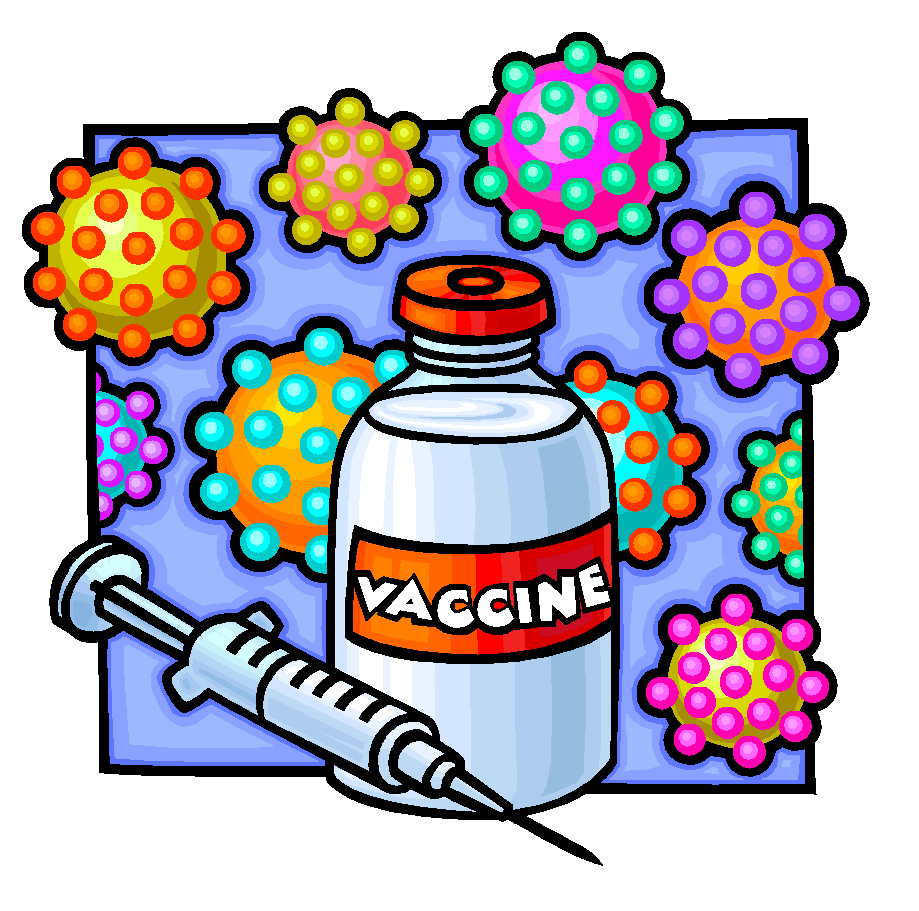

The key protection against this contagious strain is being fully vaccinated.Ī May study from the U.K.'s Public Health England showed two doses of the Pfizer-BioNTech vaccine were 88% effective against symptomatic disease from the Delta variant, and even more successful at preventing hospitalization and death. Henry Walke, director of the CDC's division of preparedness and emerging infections, told NBC News.įact check: Claims about WHO guidance for vaccinating children are missing context "A variant like (Delta) that has more transmissibility will lead to more hospitalizations and more deaths among a population that has low vaccination coverage," Dr. where vaccination rates severely lag behind the Northeast and West Coast. This poses a grave concern and threat to poor countries with little to no vaccines, as well as vulnerable areas in the southern U.S. What makes the Delta variant so contagious and worrisome to scientists are two mutations that enable easy viral transmission – it's reported to be 50% more transmissible than the dominant Alpha variant – and immune system evasion. Centers for Disease Control and Prevention is calling a group of coronavirus strains that appear to be more transmissible and result in more severe disease – especially for those who haven't been vaccinated, experts say. Delta variant is more contagious, but vaccines do helpĮmerging in India this year, the Delta variant is the newest variant of concern – what the U.S. Once antibodies against it are made, the spike protein is mostly broken down by the host cell.
#Protein shedding from vaccine code
When a coronavirus enters your body, usually through breathing in virus-laden droplets from other infected people, the infection unfolds like this: The virus binds to a protein on the host cell surface, enters the host cell, replicates, destroys the host cell as new viral particles are made and dumped into the bloodstream.įact check: Coronavirus variants come from mutations, not vaccinesĪ vaccine's spike protein can't do any of this since it's genetically engineered to only enhance an immune response, is extremely localized once injected and lacks the genetic code to assemble a fully-formed viral particle. Regardless of the delivery system, the spike protein cannot cause disease on its own.

Our immune system recognizes those vaccine-created spike proteins as invaders and creates antibodies to block future attacks. Once inside, the cell produces spike proteins similar to those on the surface of SARS-CoV-2. The vaccine delivers mRNA into the body’s cells in a lipid coating, like a fat bubble. Moderna's COVID-19 vaccine relies on mRNA – messenger ribonucleic acid – to get our cells to produce a virus-free spike protein. Matthew Laurens, an infectious disease specialist and vaccine researcher at the University of Maryland School of Medicine, previously told USA TODAY. "As none of the current COVID-19 vaccines authorized for emergency use in the USA contain live SARS-CoV-2 virus, viral shedding is not an issue for these vaccines," Dr. Vaccine shedding can occur in rare cases with some types of vaccines, but not with the ones currently available for COVID-19. Vaccine spike proteins cannot cause disease on their own The COVID-19 vaccines simply help the body develop immunity against the virus, including against the Delta variant. The tweet perpetuates a widely circulating, but grossly incorrect theory that the spike protein generated by the COVID-19 vaccines can somehow cause disease or be shed and affect surrounding unvaccinated individuals.įact check: MERS and COVID-19 are related coronaviruses but not the same Both Twitter and Instagram accounts are owned by the same user, who USA TODAY has reached out to for comment. "The new 'vARiAnT' is nothing more than the VX spike pr0teins inf*cting those vxd and unvxd," claims a tweet shared in a June 27 Instagram post. But some on social media are claiming cases from the new strain aren't due to the virus but shedding from COVID-19 vaccines.


 0 kommentar(er)
0 kommentar(er)
